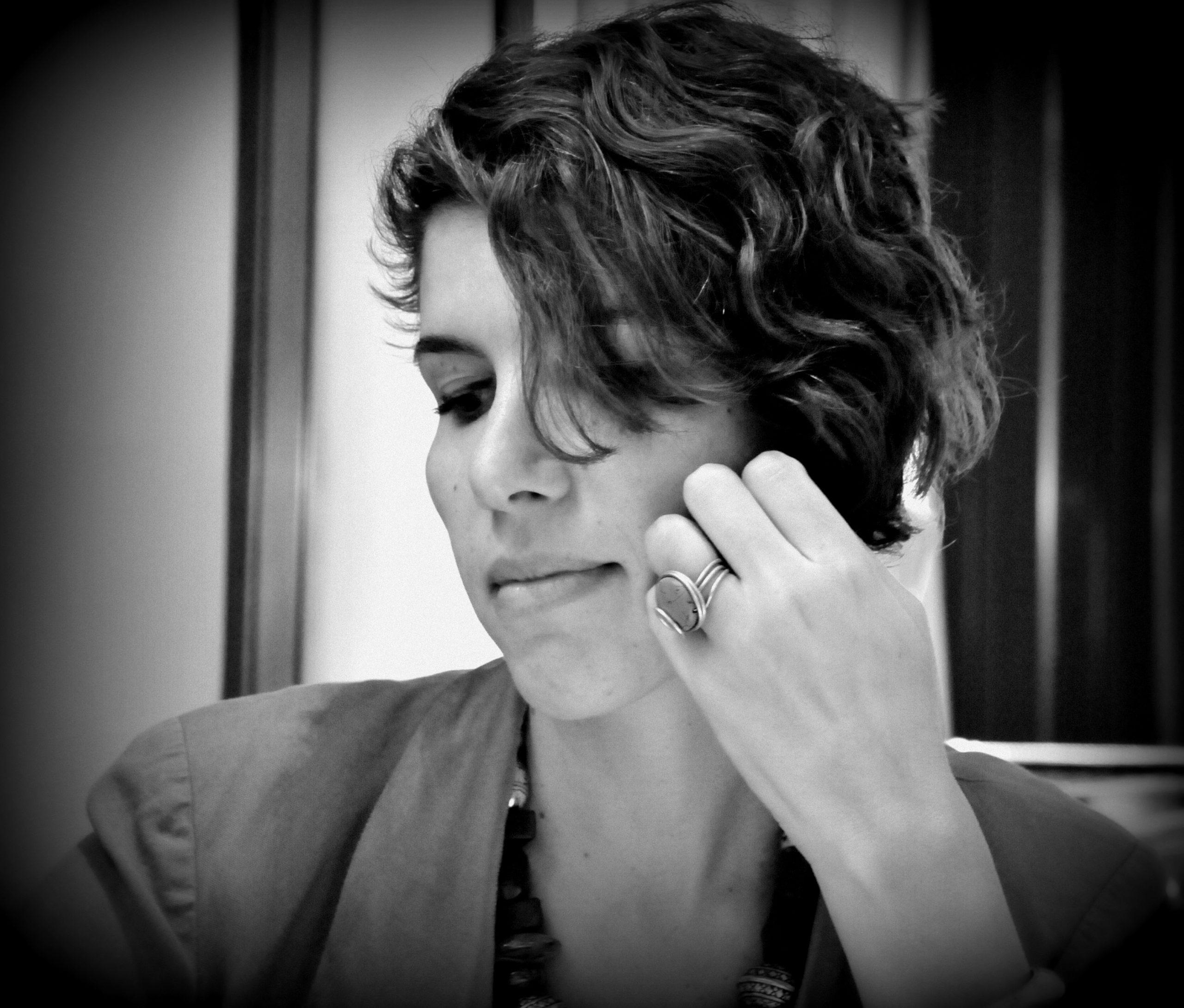Pharaonic Street Art: The Challenge of Translation

Soraya Morayef This essay engages with the work of Alaa Awad, a prolific Egyptian street artist who drew graffiti on the walls around Tahrir Square between 2011 and 2013 using ancient Egyptian styles and themes. In replicating pharaonic murals in a space that was literally the epicentre of the political uprising in Egypt, Awad provided a quintessentially Egyptian narrative of
» Read more